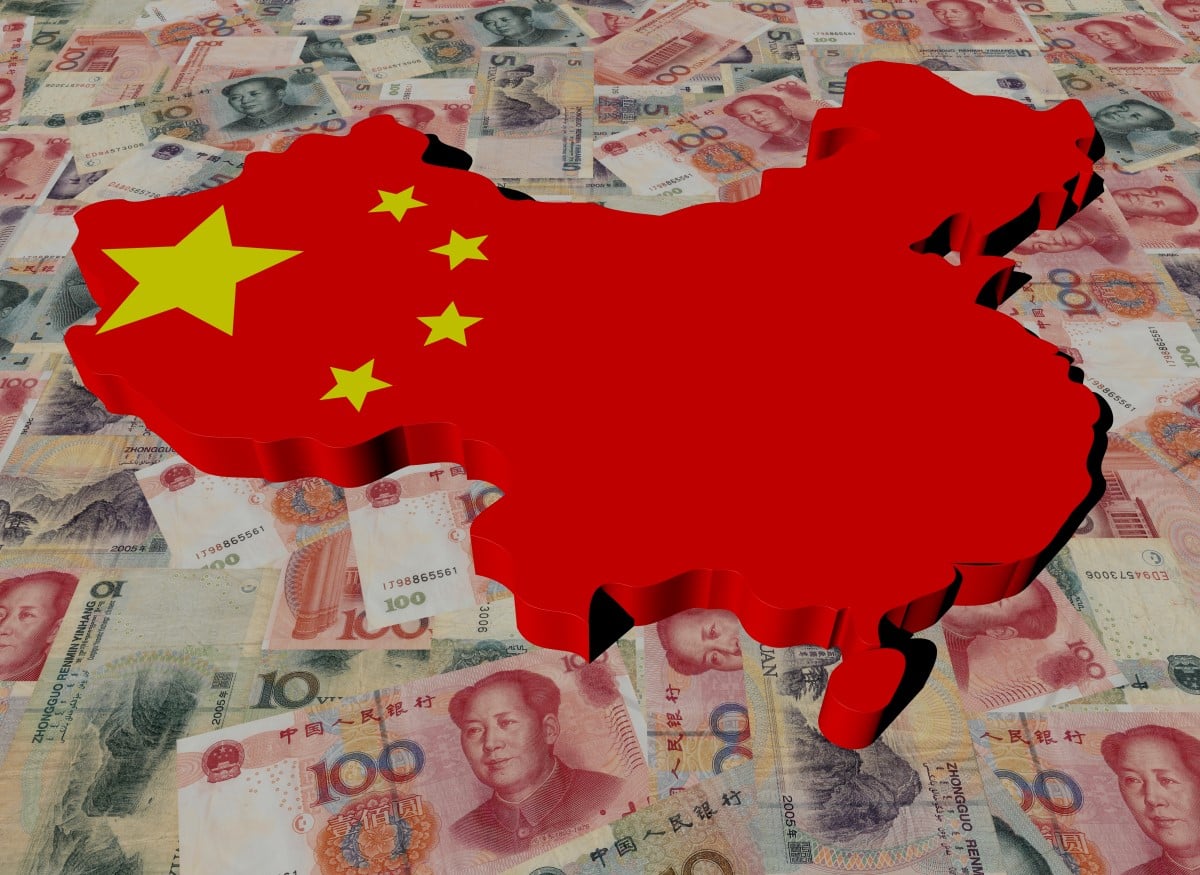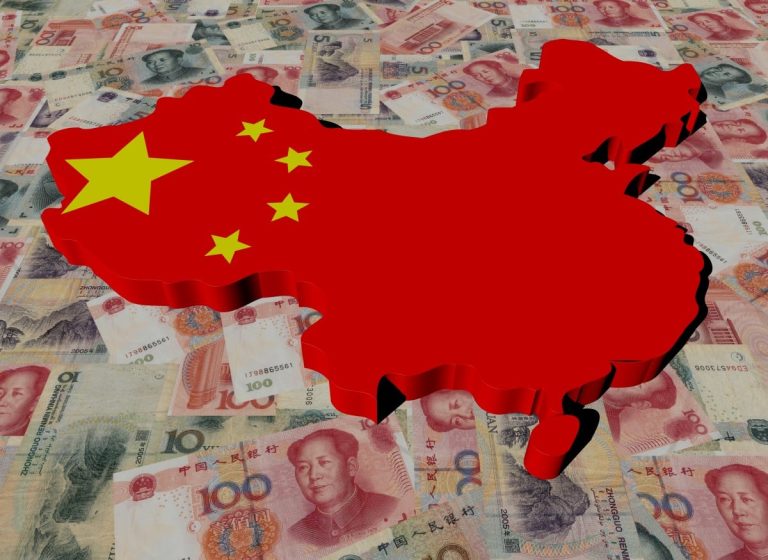
- Chinese stocks hit a five-year low early this year amid growing concerns about growth.
- The specter of deflation is deepening, resembling the financial turmoil witnessed in 2015.
- Analysts highlight the inefficiency of current investment strategies, indicating an urgent need for policy reform.
As China approaches its most important parliamentary meeting in nearly a decade, it faces major economic challenges. The year began with a sharp decline, with Chinese stocks hitting a five-year low and deflationary pressures reaching levels not seen since the global financial crisis. This economic instability is reminiscent of the chaos of 2015, which prompted policymakers to act. However, the possibility of further monetary easing now threatens to cause a crisis in yuan assets and exacerbate deflationary trends.
2024 targets in jeopardy amid investment fears
Premier Li Qiang is scheduled to deliver his annual work report to the National People's Congress, which sets economic goals for 2024. These goals include targeting steady growth of about 5% and keeping the budget deficit within 3% of GDP. However, these ambitious targets may undermine rather than boost confidence without a strategic shift away from heavy infrastructure and manufacturing investment towards boosting household incomes. The investment efficiency of the Chinese economy has declined significantly, with consulting firm Fathom noting a sharp decline in output per unit of investment over the past two decades.
China's reluctance to reform puts growth at risk
China's economic challenge stems from its reluctance to implement structural reforms. These reforms have long been recommended by economists and investors. President Xi initially recognized the need to rebalance. However, meaningful actions were limited. Debt levels are increasing faster than economic growth. Analysts point out that social stability and national security are preferred over sustainable growth. There is concern about potential disruption to the empowerment of consumers and the private sector. This could pose a challenge to government control. The balance between these priorities underscores the critical decisions that China's leaders must make. They must navigate the complexities of economic policy.

